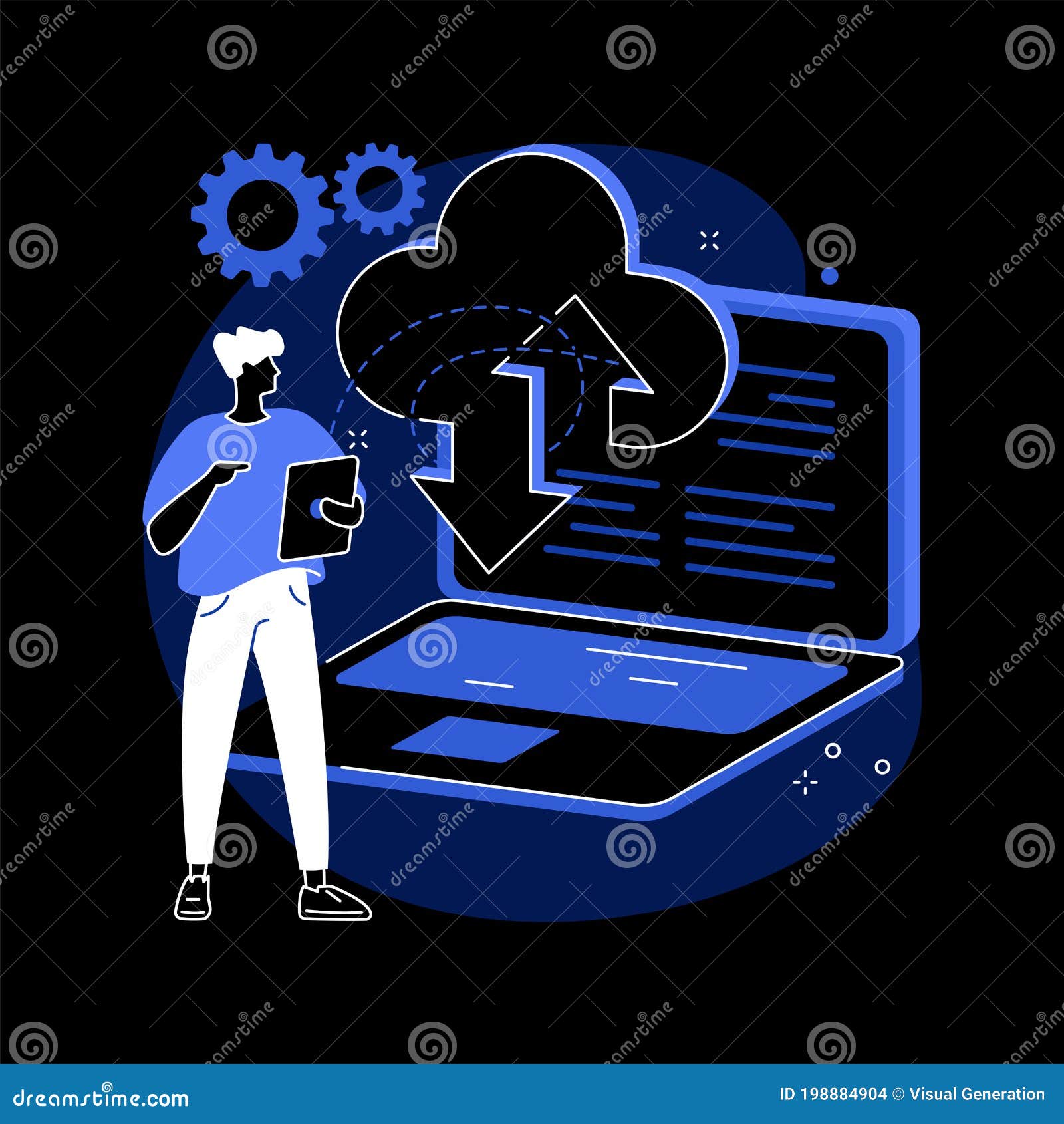Discover the Secrets to Success for Remote Professionals This Moment
Discover the Secrets to Success for Remote Professionals This Moment
Blog Article
Just How to Build an Effective Team of Remote Professionals
In today's increasingly digital landscape, the capability to develop a successful team of remote professionals is important for companies intending to flourish. Secret elements such as defining clear goals, fostering reliable communication, and picking appropriate collaboration devices play a critical duty in this procedure. Nevertheless, it is the subtler facets-- like nurturing a natural firm culture and advertising continuous learning-- that can truly set a remote team apart. Comprehending how to balance these elements may raise even more concerns than responses, particularly when taking into consideration the distinct obstacles that remote work presents.
Define Clear Goals and Assumptions
Often establishing clear goals and expectations is essential for the success of a remote group (Remote Professionals). Without these elements, staff member may experience confusion concerning their functions, responsibilities, and the general objectives of the project. This ambiguity can lead to reduced performance, misaligned initiatives, and ultimately, job failure
To specify clear goals, it is essential to utilize the clever requirements-- Specific, Quantifiable, Achievable, Relevant, and Time-bound. This strategy makes sure that each objective is well-defined and can be properly interacted to all team members. It is essential to align specific purposes with the overarching vision of the organization, promoting a feeling of function and commitment among team participants.

Foster Effective Communication

Regular check-ins and group conferences can assist maintain a strong interaction circulation, permitting members to share progression updates and talk about any kind of barricades they might experience. It is additionally crucial to identify that various people might have differing interaction styles. Understanding and suiting these differences can cause even more purposeful communications and a more natural team dynamic.
Urge group members to verbalize their concepts succinctly and to seek explanation when needed. By prioritizing reliable communication, remote teams can boost efficiency, reinforce partnerships, and develop an extra comprehensive job environment, ultimately leading to greater success in accomplishing usual objectives.

Use the Right Tools
To support reliable communication within a remote team, it is essential to use the right devices that facilitate partnership and improve process. The choice of tools can considerably influence productivity, making sure that group members stay connected and engaged in spite of geographical ranges.
Begin by implementing job monitoring software program, such as Trello or Asana, to organize jobs, set deadlines, and track development. This promotes liability and provides presence right into each member's payments. In addition, interaction platforms like Slack or Microsoft Teams use instant messaging capacities, allowing real-time discussions and fast decision-making.
Video clip conferencing devices, such as Zoom or Google Meet, are necessary for in person interactions, which assist build rapport and enhance useful site connections amongst employee. Moreover, record sharing and storage solutions like Google Drive or Dropbox make certain that important data are editable and obtainable by all staff member, advertising collaboration on projects.
Incorporating these tools properly develops a setting where remote specialists can thrive. By choosing the right technology, organizations can enhance communication, enhance job monitoring, and eventually accomplish their objectives much more effectively.
Construct a Solid Company Society
Developing a solid business culture within a remote team is important for cultivating involvement and loyalty amongst workers. A distinct society offers a sense of belonging and shared function, which is vital when group members are spread throughout numerous locations. To cultivate this culture, leaders need to develop clear worths and expectations that resonate with employees, guaranteeing that everyone comprehends the mission and vision of the organization.
Normal communication is important in enhancing this culture. Utilizing video calls, group conferences, and casual check-ins can help maintain connections and promote transparency. Furthermore, celebrating success, both large and tiny, strengthens a society of recognition and gratitude.
Urging team partnership through virtual platforms not just improves performance but also cultivates interpersonal relationships - Remote Professionals. Organizing online team-building tasks can even more enhance bonds among staff member, making them feel extra integrated into the company
Last but not least, it is essential to pay attention to employee responses and adjust as needed. By revealing that their voices issue, leaders can develop count on and commitment, ultimately developing a growing remote workplace where workers feel valued and involved.
Motivate Constant Knowing and Growth
A strong company culture lays the groundwork for encouraging constant knowing and growth within a remote team. By promoting a setting that values growth, companies can encourage employees to boost their skills, adjust to new challenges, and ultimately contribute better to group visit this page goals.
To promote constant learning, consider carrying out routine training sessions, workshops, and webinars that align with both individual profession goals and business demands. Utilize modern technology to facilitate access to e-learning systems, making certain that sources are readily offered for remote staff member.
Motivate expertise sharing by establishing mentorship programs and developing online forums for workers to trade understandings and ideal practices. Compensating and acknowledging staff member that actively participate in discovering campaigns reinforces the significance of development and motivates others to comply with fit.
Moreover, performing routine feedback sessions official site can help identify ability gaps and locations for renovation, permitting customized growth strategies. By prioritizing continuous learning and development, remote groups can cultivate a society of resilience, advancement, and adaptability, which are crucial for browsing the intricacies these days's organization landscape.
Verdict
In final thought, the facility of an effective remote team rests on the assimilation of clear goals, reliable interaction, ideal tools, a robust firm society, and continual knowing opportunities. By aligning specific payments with business purposes and fostering a setting of openness and partnership, remote specialists can thrive. Remote Professionals. The execution of these strategies not only enhances team communication but also drives inspiration, inevitably bring about enhanced performance and success in a remote working landscape
It is the subtler facets-- like supporting a cohesive business culture and advertising continuous knowing-- that can genuinely set a remote group apart.Efficient communication is the foundation of a growing remote group. By focusing on effective communication, remote teams can improve performance, strengthen connections, and produce a more comprehensive job atmosphere, ultimately leading to better success in attaining usual goals.
Developing a strong company culture within a remote group is essential for fostering involvement and loyalty amongst workers.In final thought, the establishment of an effective remote team pivots on the integration of clear goals, effective interaction, ideal tools, a durable business society, and continuous learning chances.
Report this page